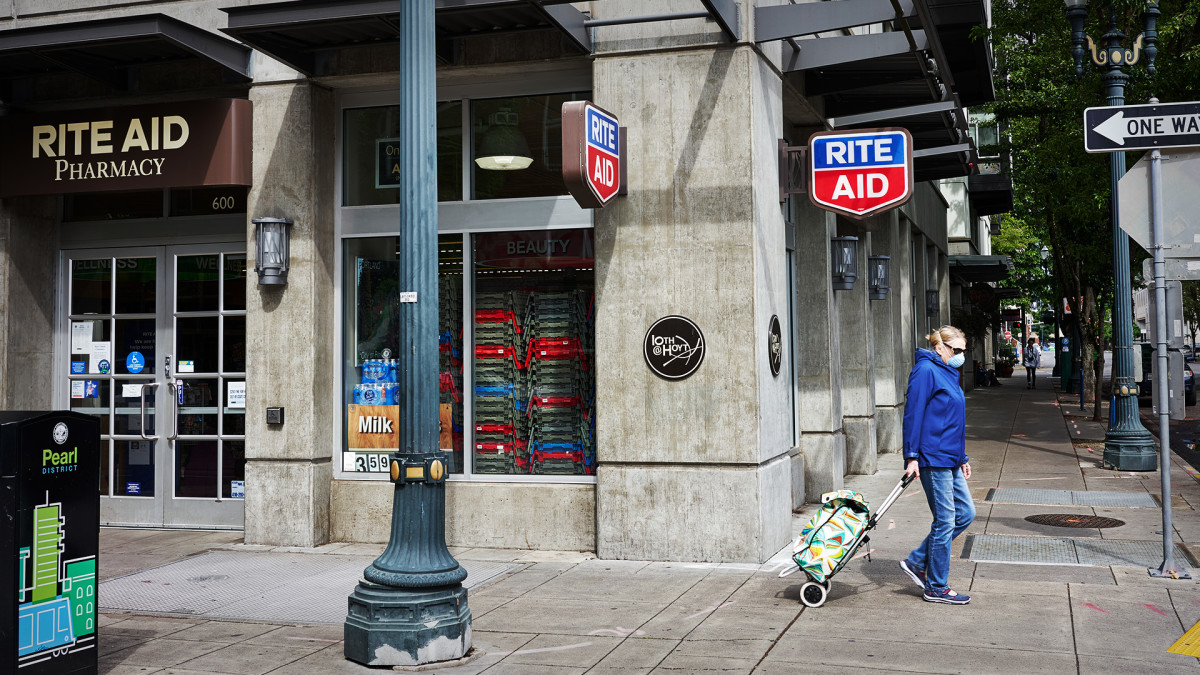
When a company files Chapter 11 bankruptcy it puts itself at the mercy of the court, its lenders, and its creditors. It may enter the proceedings with a clear plan, but if any of those three parties object, things can go from under control to disaster fairly quickly.
That happened, at least somewhat with the recent Red Lobster bankruptcy filing. The restaurant chain immediately closed the locations it felt had no path to profitability when it filed its Chapter 11 bankruptcy.
Related: Historic furniture chain closing after Chapter 11 bankruptcy
It planned to renegotiate leases at over 100 other locations to both pay a lower monthly rate and get out of back rent. The problem — and it's a big one — is that many of its landlords were not willing to accept the chain's offer to settle its old debt in order to work out a new rental rate.
Ultimately, that means that while Red Lobster will survive under new ownership, it's not going to be as large as it expected to be. The company will almost certainly end up closing more locations than it planned to.

Image source: Shutterstock
Rite Aid nears its worst-case scenario
When Rite Aid (RAD) filed for Chapter bankruptcy protection in October 2023, the company said that it would be "optimizing the company’s store footprint." That's a really nice way to say that it planned to close hundreds of locations.
"Rite Aid regularly evaluates its store portfolio to ensure it is operating efficiently while meeting the needs of its customers, communities, and associates. In connection with the court-supervised process, the company will continue assessing its footprint and close additional underperforming stores. These efforts will further reduce the company’s rent expense and are expected to strengthen its overall financial performance," the company shared at the time on its website.
Basically, a Chapter 11 bankruptcy filing allowed the company to have some leverage in negotiating with its landlords.
Rite Aid never shared an expected total number of store closures, but Garrick Brown, the vice president of real estate intelligence for Gallelli Real Estate gave ABC News a prediction at the time of the filing.
“We’re thinking worst-case scenario could be 700 stores close,” Brown said.
Related: Historic beverage brand files Chapter 11 bankruptcy
That would be nearly one out of every three stores, based on the company’s current footprint of 2,215 stores, according to a Gallelli report. Walgreens has 8,560 U.S. stores, according to the same data; CVS has 7,785.
With its most recent closures, Rite Aid has come very close to that number having closed 694 stores since its October 2023 Chapter 11 bankruptcy filing.
Sign up for the Come Cruise With Me newsletter to save money on your next (or your first) cruise.
Rite Aid delivers more bad news
Data breaches have become so common that consumers seem to tune them out. Still, when a company has already filed for Chapter 11 bankruptcy which has resulted in nearly 700 store closures, it does not want to also have to tell customers that their personal data has been compromised.
Rite Aid, however, had to do exactly that.
"On June 6, 2024, an unknown third party impersonated a company employee to compromise their business credentials and gain access to certain business systems. We detected the incident within 12 hours and immediately launched an investigation to terminate the unauthorized access, remediate affected systems, and ascertain if any customer data was impacted. We also reported the incident to law enforcement, as well as federal and state regulators," the company shared on its website.
More Retail:
- Ulta CEO sounds the alarm on a growing problem
- Lululemon releases a first-of-its-kind product
- Target store introduces a new 'over 18' policy
- Amazon launches genius new subscription product
Rite Aid has mailed letters to any customers impacted by the data breach. The company also shared exactly what data was compromised.
"We determined by June 17, 2024, that the unknown third party acquired certain data associated with the purchase or attempted purchase of specific retail products. This data included purchaser name, address, date of birth, and driver’s license number or other form of government-issued ID presented at the time of a purchase between June 6, 2017, and July 30, 2018. To confirm, no social security numbers, financial information, or patient information was impacted by the incident," it added.
Related: Veteran fund manager picks favorite stocks for 2024







